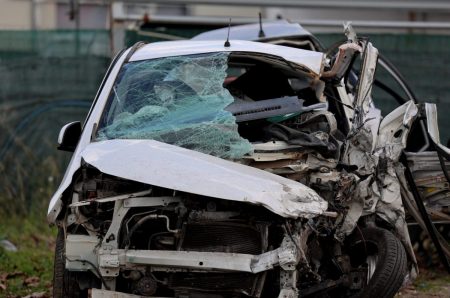The sudden resignation of the president of the Council of State, one month before his term was to end, is yet another resounding message regarding the problematic situation prevailing in the judiciary.
The outgoing high court president, Nikos Sakellariou, was the pick of the SYRIZA-Independent Greeks government, because he was in line with the anti-bailout memorandum mentality of that period.
Now, he resigned citing leaks from the conference of judges that is judging the constitutionality of a law, drafted by former labour minister Katrougalos, which will cut pensions.
He denounced the dominion of the memorandums and said he stands by the victims, “whose endurance is constantly being tested by successive economic measures, taken in the name of the so-called fiscal interests of the country”.
The manner in which his resignation was made public – he held a news conference – even as the consultations in the judicial chambers regarding Katrougalos’ law are ongoing, but also the positions he articulated, exert pressure on his colleagues to avert the “pauperisation of pensioners”.
Despite the fact that he condemned the leak, he himself is publicly intervening in a pending case.
We do not know what external interventions may have occurred, or are occurring. However, judges are obliged to guard their independence, especially from the executive branch of the government, and also to pass judgment uninfluenced, and not based on their political positions, concerns, or even worse, their personal interests.
It is a fact that the current government is known for its efforts to manipulate the judiciary. Using scandal-mongering and corruption as a vehicle, it is attempting to target its political opponents, and to that end it seeks willing collaborators.
Judges – and all the more so those who are at the top echelon of the judiciary – have a duty to defend judicial independence, and to be a bulwark against any effort to undermine it.
The separation of powers is a fundamental element of our democratic system of government. Woe unto us if judges cosy up to political power according to their convictions in order to curry favour.
The Council of State has a long history of independence, which unfortunately was compromised over the last years with a series of inconsistent rulings. The outgoing high court president has his share of responsibility for that.
Let us hope that his resignation reflects an element of self-criticism for all that has happened, and that his successor will protect the stature and independence of the high court.



